Train Town
McComb, Misssissippi is only a two-hour drive from the coast, the perfect day-trip for train buffs, or fans of Southern cooking, or blues lovers or outdoor enthusiasts. There's more than you might expect.
- story and photos by Karen Fineran, additional photos courtesy McComb Chamber of Commerce and the Dinner Bell.
Getting There
McComb is about a two-hour drive from Bay St. Louis. Just take I-10 W to I-12W. Just past Hammond, take I-55 north past Tickfaw, Independence, and Amite, cross the Mississippi state line, pass Magnolia, and you will be in McComb before you know it.
Your first stop of the morning could be the Pike County Chamber of Commerce at 112 N. Railroad Blvd by the train depot (closed on weekends) to pick up a map, a descriptive brochure of the town, or just eating suggestions. We decided to begin our day meandering by car and on foot through McComb’s historic downtown district, primarily Main Street where many of its historic shops and buildings can be found. On the first and second block of Main Street, we wandered through a few clothing, consignment and gift stores. We walked around the downtown Pavilion Park, featuring a large raised pavilion named after Bo Diddley that frequently holds big musical events. We were interested to check out the Black History Gallery (at 819 Wall Street), which offers free admission to see a collection of African-American photographs, books and other historical material.
Near the historic district lies the Historic Railroad district. McComb is a railroad town, and indeed would not even exist without the railroad. McComb was founded in 1872 by railroad magnate Henry Simpson McComb.
McComb prudently decided to move the railroad's maintenance shops away from New Orleans, outside of the tempting attractions of that city's saloons and picked the Pike County, Mississippi location. The rail yard closed in the 1980s, but more than a dozen freight and passenger Amtrak trains still pass through McComb’s rail depot every day.
The McComb City Railroad Depot Museum
Located inside of 64 acres of railyards that formerly provided maintenance and support for the Illinois Central Line, the original train depot, built in 1901 but restored and refurbished in 1998, houses the McComb City Railroad Depot Museum (at 108 North Railroad Boulevard). Admission is free.
Although the museum is small, it houses nearly 1,000 artifacts such as photographs, exhibits, old documents, and antique train equipment. Many train enthusiasts consider it the best rail museum south of Chicago. The small courtyard outside contains a brick memorial floor with the names of dozens of railroad workers etched into the bricks. Even more interesting to many railroad buffs (and train-loving children!) is its outdoor antique rail engine and car display. Walk around the famous 200-ton locomotive steam engine #2542 (on our trip, very fetchingly decorated for Christmas). Take your time climbing up into the old railcars behind the steam engine, including an executive office car from 1883, a 1914 post office car that once delivered the mail, a one-of-a-kind refrigerator car, a wrecker car, and the familiar red caboose.
The Blues Trail
While there, stop by the Mississippi Blues trail marker for Bo Diddley just outside of the Railroad Museum. (You can check out an entire Shoofly article about the Mississippi Blues Trail here.)
One of the most influential figures in the history of American music, singer, guitarist and songwriter Bo Diddley was born in McComb in 1928 as Otha Ellas Bates. After moving to the south side of Chicago as a child, Didley received his first guitar at 12 and started playing in the streets for tips as a teenager until he could get into the clubs. Diddley wrote and recorded such hits as “I’m a Man,” “Bo Diddley, “Before You Accuse Me,” Who Do You Love.” He shaped American R&B and Chicago blues and played a key role in the transition from blues to rock and roll with his distinctive guitar sound, influencing artists such as Elvis Presley, the Rolling Stones, Eric Clapton, and Jimi Hendrix. Diddley lived much of his life in Florida when he was not on tour. However, while recovering from a stroke and heart attack, a weakened Diddley returned to his hometown of McComb in November 2007 for the unveiling of his Mississippi Blues Trail plaque. Though Diddley was not supposed to perform that day, when he was handed a microphone by another performing artist, he willingly complied with a short song. This McComb performance was to be Diddley’s first after his 2007 stroke, and sadly his last forever. Diddley died in Florida in 2008.
Home Cooking
By this time, your stomachs (like ours) might be telling you that it would be a good time to go have a genuine Southern luncheon. There are a number of fine eateries in McComb that are so popular that many south Louisianans go out of their way to eat there.
Some of its most popular restaurants (recommended by the museum staff) include the Caboose Restaurant (131 N. Front Street in the depot district), serving steaks and seafood, and Mr. Whiskers Family Catfish Restaurant at 5196 Hwy 48E (fried catfish of course!). We chose another of the staff’s recommendations, the timeless restaurant the Dinner Bell (at 229 5th Avenue since it moved there in 1959), which offers hearty, all-you-can-eat, down-home cooking. Upon walking into the 1922 historic brick building with its molded ceilings, ceramic flooring and lacy curtains, we could almost imagine that we were in Grandma’s house. This old-timey feeling became even more pronounced once (after a half hour wait) we were seated at a giant lazy-Susan (spinning-round) table, side-by-side with about 15 other diners (each table seats up to 18), some fellow travelers and a handful of locals. Curious grins were exchanged among the circle, along with some greetings and pleasantries. Since there is just one set menu — the all-you-can-eat buffet — we were eager to see what would be brought out to us. We friend and I found that the communal dining and the act of polite conversation (“Would you spin the yams over in my direction please. Oh, and where are you guys from?”) added to the experience. Strangers at the beginning of the meal, but by the end of lunch you will know something about each other.
After our friendly waitress, Nancy, brought out an array Southern-style food along with pitchers of cold sweet and unsweetened tea, diners spun the heavy wooden table around furiously until the menu item that they wanted was before them, then dug in with gusto to the heaping platters.
The dishes this day included ham, chicken (both baked and fried), chicken and dumplings, fried eggplant, and steak and gravy. Vegetable sides were abundant, including mashed potatoes, sweet potato casserole, turnips, green beans, lima beans, butter beans, field peas, creamed corn, macaroni and cheese, potato salad, and cole slaw. My companion and I agreed that our favorites were the crunchy fried chicken and the thinly sliced fried eggplant. While we ate, we asked Nancy about the history of the Mississippi round table tradition. The round table dinner style began in rural Mississippi in the 1930s, fostered by boarding houses that needed to expedite serving large numbers of people. Though the Dinner Bell was never a boarding house itself, it was so close to the railroad and bus station that many travelers stopped there for lunch. After a heaping pile of homemade banana pudding for dessert, we paid our tab (a very reasonable $14.99 each, though it’s only $12.99 during the week) and headed on our way. If you want to go, the Dinner Bell is open Tuesdays through Sundays for lunch only between 11 and 2.
Percy Quin State Park
Our last visit of the day was to the 1700-acre Percy Quin State Park, located just off of I-55 south heading back home. We were charged a nominal day use entrance fee of $4 per vehicle to enter the day use area (everything other than the golf course).
With its rolling hills and beautiful lake, we found the park to be a very pleasant place to take a drive through. We explored by car for a short time, then got out at one of the nature trails, and took a short leisurely walk through loblolly pines and magnolia trees. My companion told me that the 18-hole public championship Quail Hollow golf course here is actually his favorite course. It was beautiful indeed, with its 18 holes on 10 acres of rolling terrain and undulating greens, putting range, and golf shop, and of course those stately tall pine trees everywhere. We also went by Percy Quin’s rental cabins to see what they were like, thinking that we may come back and rent one in the spring. The park offers more than 30 cabins, nestled deep in the woods with views of Lake Tangipahoa, and nearby pavilions, picnic tables and grills. The simple cabins are open year-round (bring your own linens). In addition, the 490-acre Lake Tangipahoa and its boat launch are right at your doorstep for beautiful views from your cabin and for fishing and water activities like swimming and water skiing. There are other options for staying overnight in the park as well, including 100 RV campsites, a tent campground with camp store, two golf villas, and even a small motel. After a quick dart on our way home into Edgewood Shopping Mall (1722 Veteran’s Blvd. on I-55 south) for Christmas gifts, we were on our way back home for an easy two-hour drive to Bay St. Louis. We already have plans to return to McComb and the surrounding area for tubing, swimming, canoeing, and kayaking in the summertime on the Bogue Chitto River, and for the McComb Blues and Heritage Festival in April! Comments are closed.
|
Categories
All
Archives
July 2024
|
Shoofly Magazine Partners
Our Shoofly Partners are local businesses and organizations who share our mission to enrich community life in Bay St. Louis, Waveland, Diamondhead and Pass Christian. These are limited in number to maximize visibility. Email us now to become a Shoofly Partner!

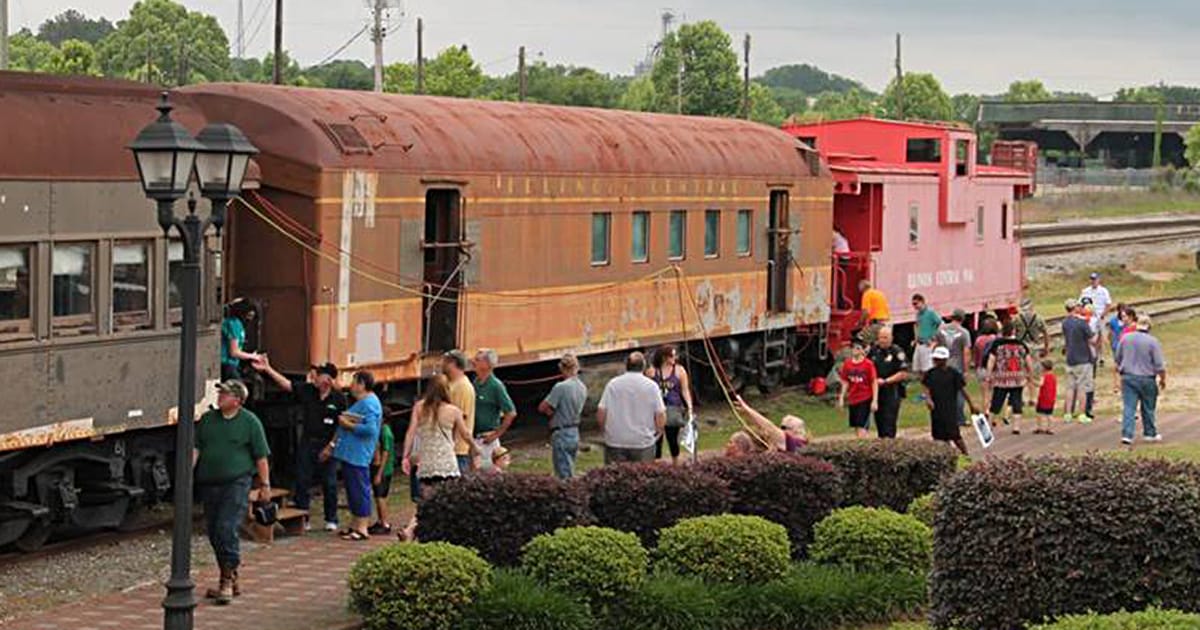
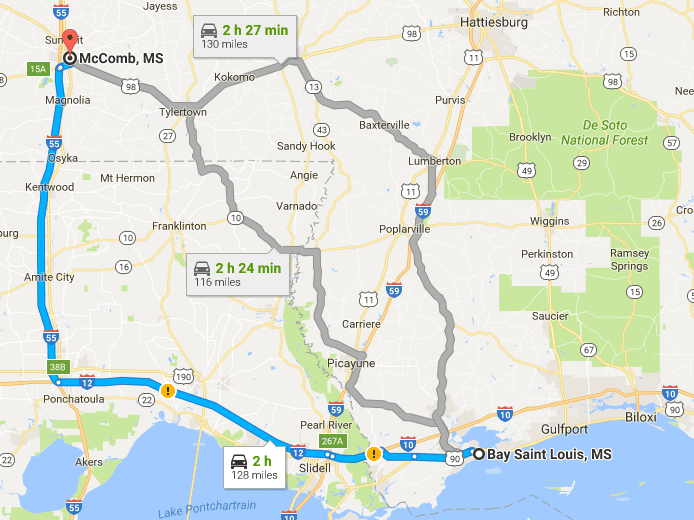
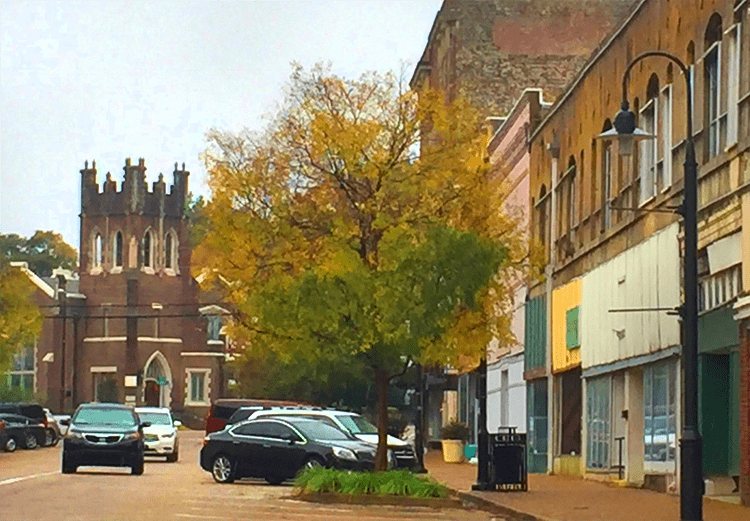
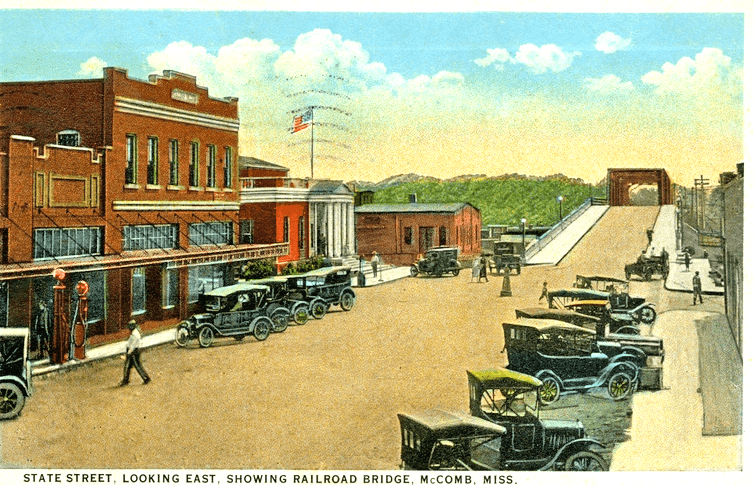
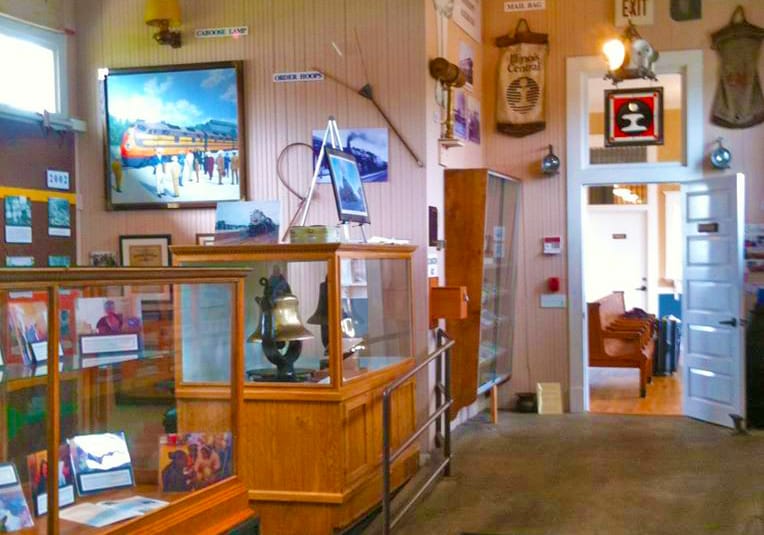
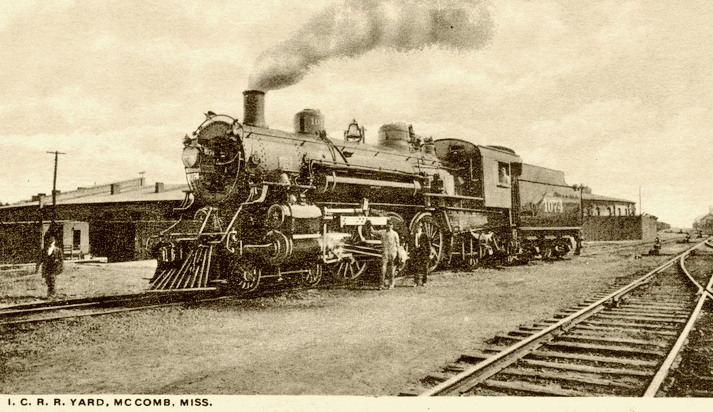

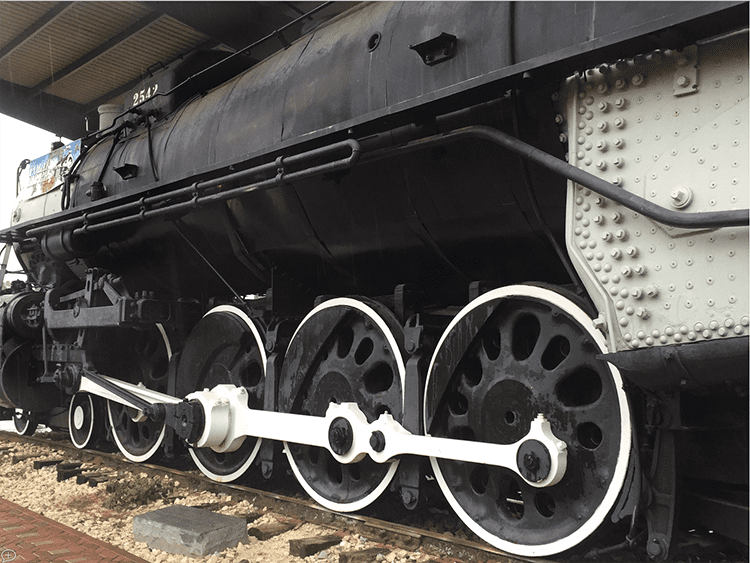
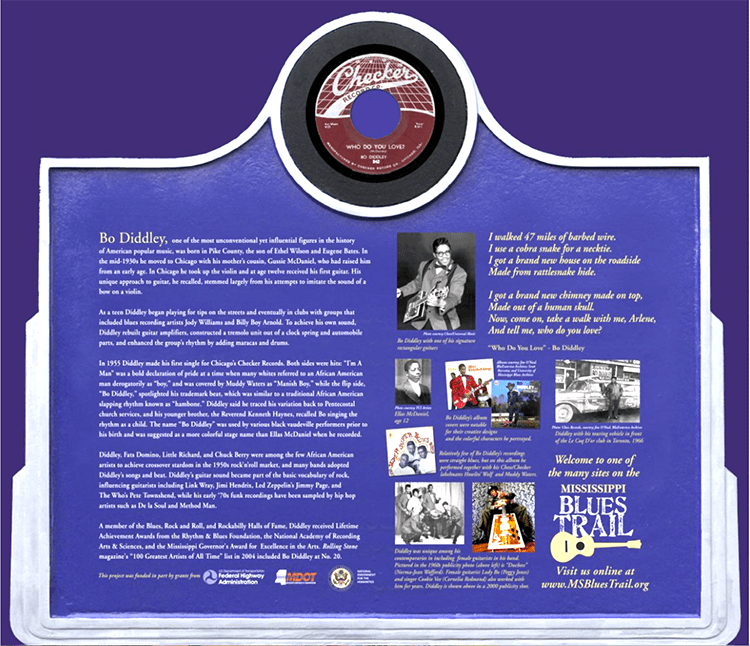
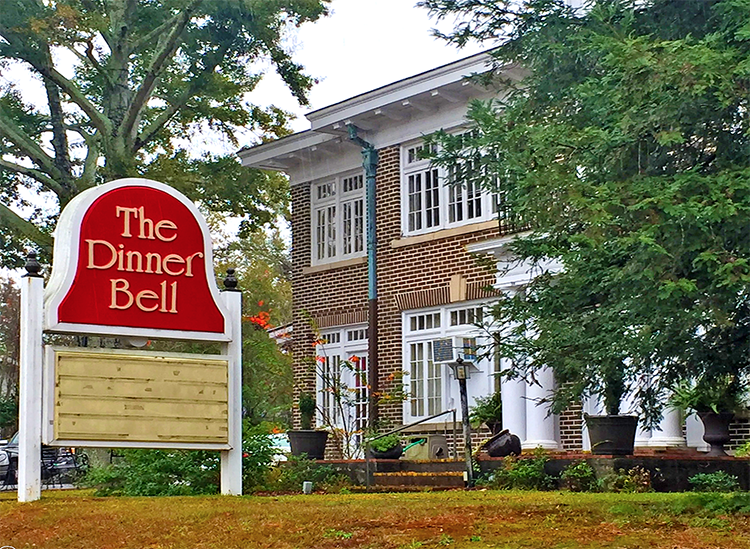
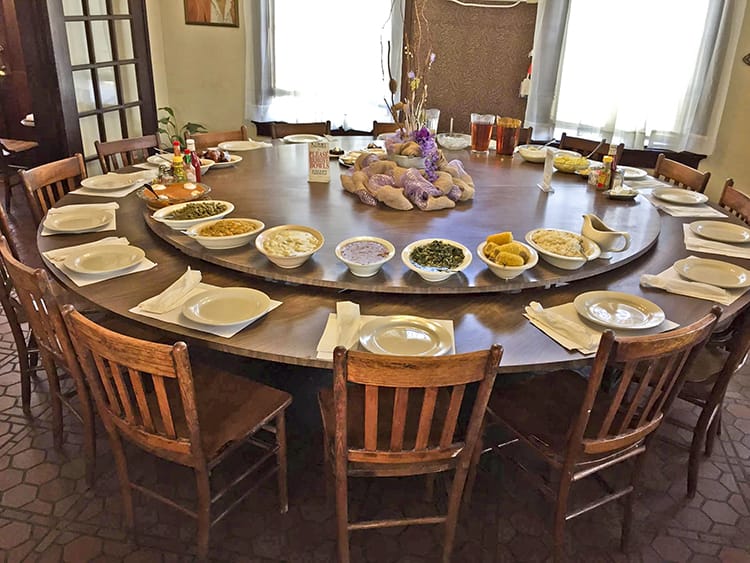

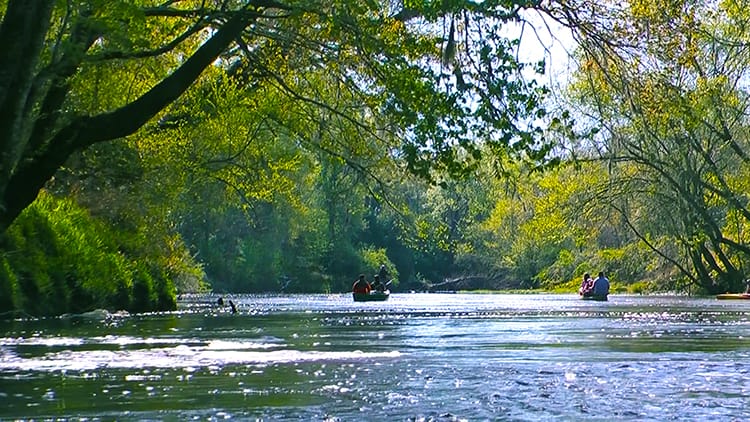
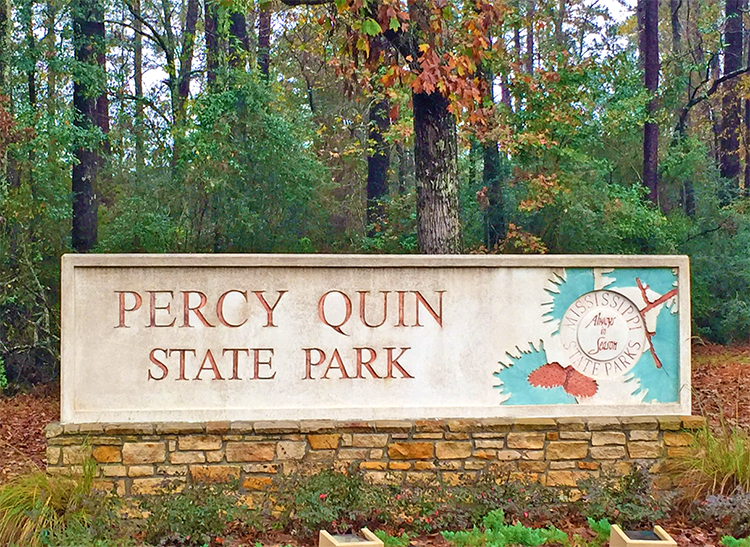
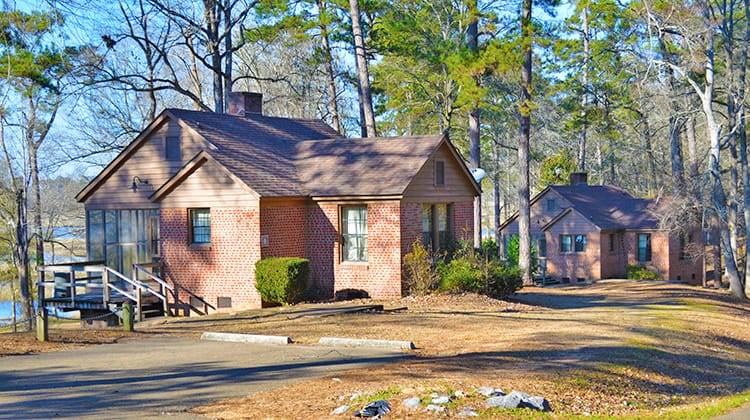

























 RSS Feed
RSS Feed























